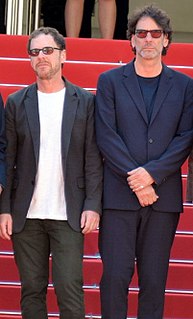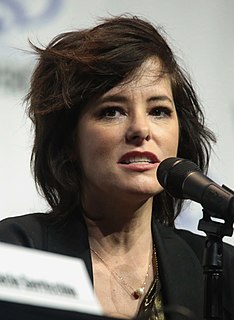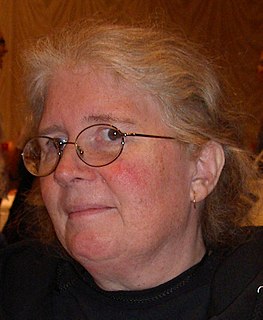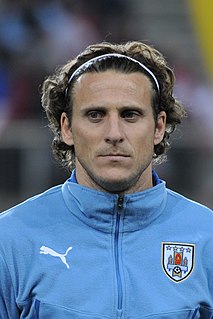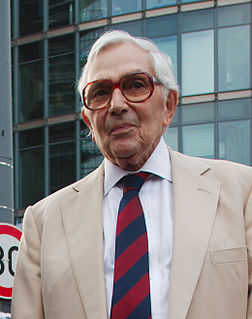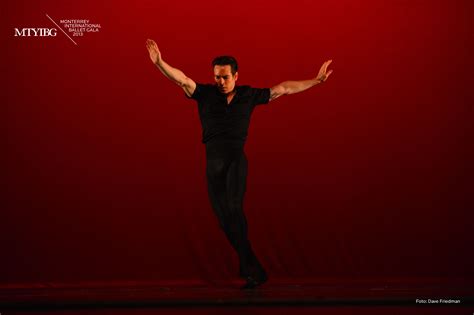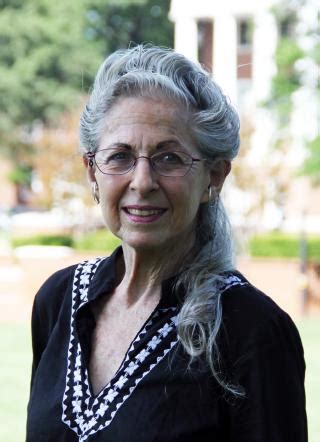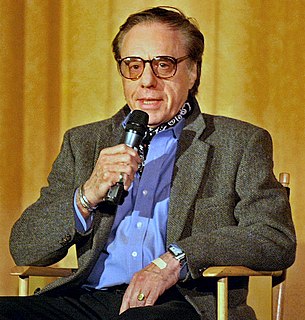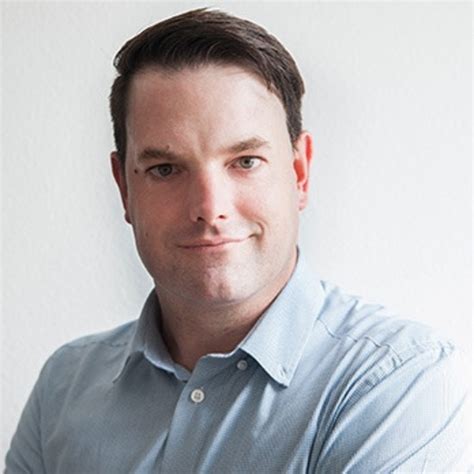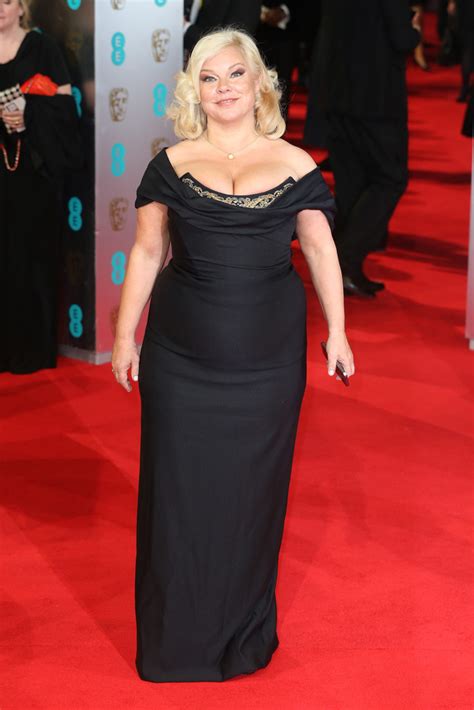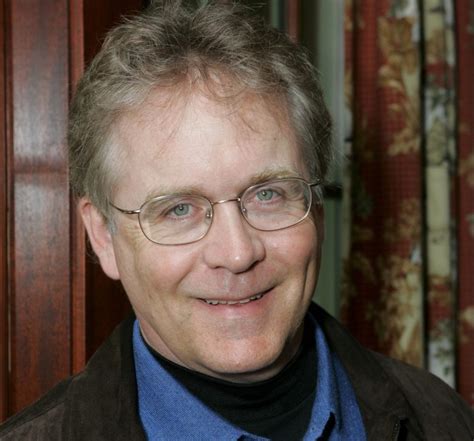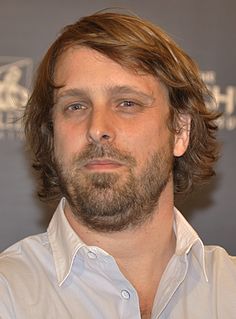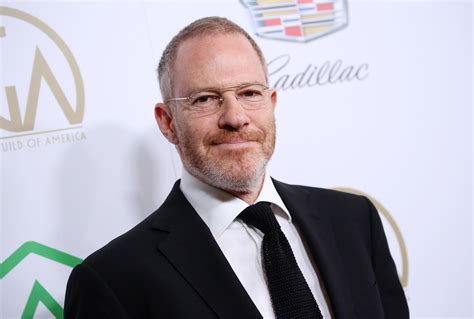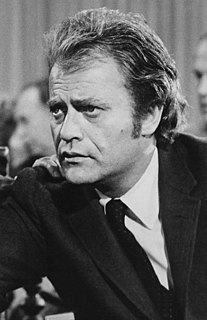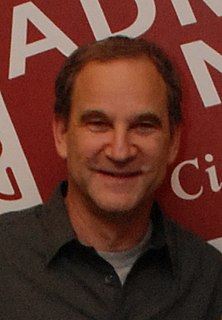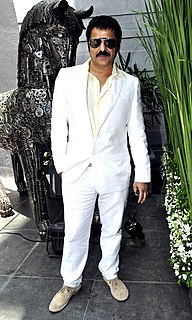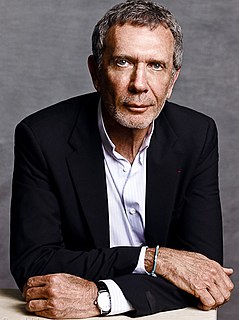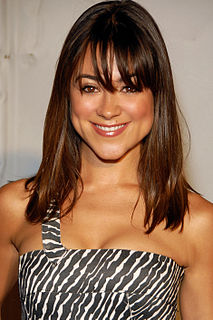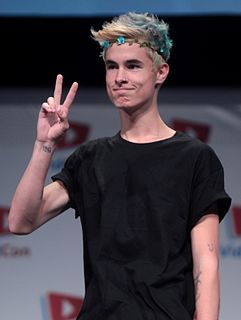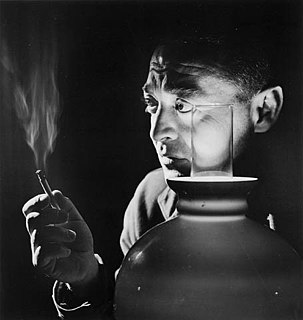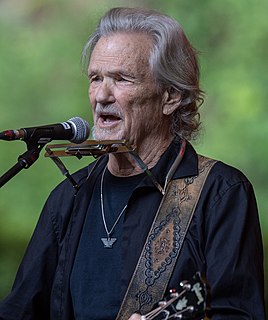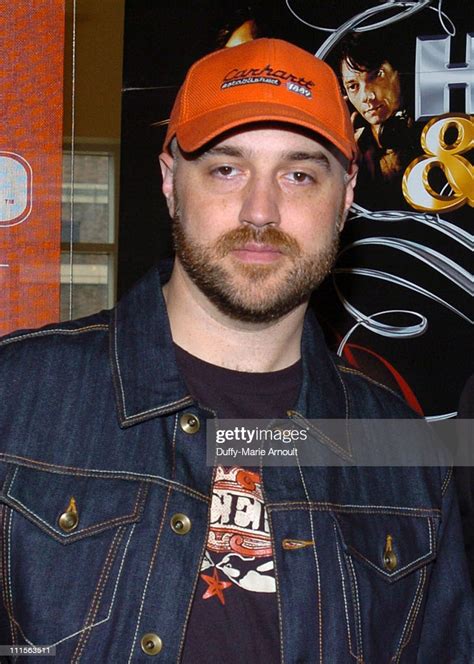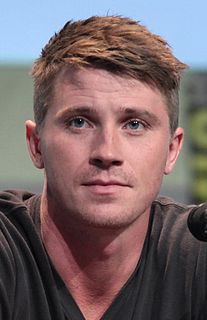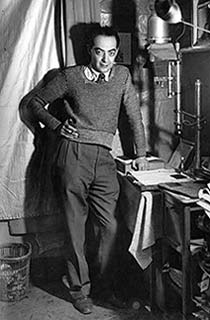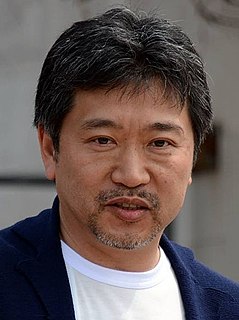Top 746 Studios Quotes & Sayings - Page 10
Explore popular Studios quotes.
Last updated on December 22, 2024.
When I first started out and would go on pitch meetings, there was always this kind of eye-roll that would come with pitching a horror movie when you were dealing with the studios. Unless it was viewed as a cheap product that could turn a lot of profit, there wasn't a lot of interest in making it good.
Thanks to 'It,' you're going to see the studios take a lot more chances on a very specific vision. An R-rated horror film about children being eaten by a monster that lives in a sewer is not normally something that a studio would throw their weight behind. But we've seen the success of it, which props everyone up.
"Nationwide" featured an amazing collection of apprentice impersonators. From all over Britain, schoolchildren materialised via local studios to give us their imitations of the mighty. There were at least three uncannily accurate Margaret Thatchers, their eyelids fatigued with condescension and their voices swooping and whining like dive-bombers.
All the songs on the first album were like skeletons of how we really played them. It was just a combination of not having any studio experience and having to do everything so fast. I also think that studios are, by nature, limiting. You cannot get the sound of five big amplifiers on a little piece of tape.
The film studios learned to our dismay but to their pleasure that if they spent $200 million making a film they could make half a billion on it. So they were not interested anymore in quality films... They can't afford to be that risky at those prices. Consequently you're getting a lot of remakes, sequels, dopey comedies full of toilet jokes...
Football has changed, and so has the relationship between the players on the pitch. Where once some players would try everything to distract opponents, now it's harder. There are TV cameras everywhere, which have much higher quality images than before. There are lip readers in studios working out what you are saying to each other.
Objectively good spaces to work rarely end up being so; in their faultlessness, quiet and well-equipped studios have a habit of rendering the fear of failure overwhelming. Original thoughts are like shy animals. We sometimes have to look the other way - towards a busy street or terminal - before they run out of their burrows.
At 11, I went to Misha's school for two summers. So when I wasn't in that school, I was taking classes at David Howard or Robert Denver's studios - kind of legendary places - and there was one summer where Alexander Godunov sort of took me under his wing; the memory's a little murky, but I felt as if I was his project for those weeks.
Danced healing rituals (in African village compounds, temple courtyards, dance-therapy studios, public theaters, and other social settings) reinvoke old traumas for exorcism and the transformation of fear, convince people that evil is gone or possible to dissipate, and reaffirm communal solidarity and a sense of well-being.
For a while, all the studios had their art-house divisions, but that went by the by pretty quickly. Now, they're really focusing on these huge blockbusters, spending a fortune on cartoon pictures and comic-strip movies and superhero movies, and they aren't making pictures like 'How Green Was My Valley,' which was an Oscar winner in its day.
The woeful tales of 'Super Mario Bros.' and 'Street Fighter' have taught studios that merely slapping a name to a movie is not enough to bring in the fans of the franchise. Also, the way games now unfold their stories more parallels that of a movie, with characters and plot points actually meaning as much as a high score.
Most of my escapades were getting my Labrador dog into the back of my car to drive to Brooklyn where I worked at Avenue M Studios shooting a soap opera and battling being a 17 to 18-year-old playing twins being afraid that I was going to get fired, because who wouldn't fire me? I had no idea what I was doing.
Audiences like to be made to feel that there is a world where things go right: where big emotions can happen and yet feel safe. This is why there is a constant tension in Hollywood between studios who want happy endings and writers who want to explore the human condition. There is a time and a place for both!
The superhero genre speaks to a vast swath of humanity these days, and studios are in the business of constantly renewing their money-printing licenses. I sense we're nearing a saturation point with some of these icons, where it becomes more about the action figures and Happy Meals than it does the mythological heartbeat of the core ideas.
When you begin to believe you have license because you are a special person breathing special oxygen, that's when you're in big trouble. That's the road to insanity. And a lot of people in the studios are like that. They believe that they are special. I do think actors are blessed, or cursed, with maybe a slightly heightened awareness, which you have to use.
The studios are nervous on every movie. It never ends, because Marty's movies are so unusual. He doesn't repeat himself, so they don't know what to expect. We have to fight hard to keep them from being ruined. Film students can't believe that when I tell them, because they think, 'Well, it's Martin Scorsese.'
The filmmakers aren't running the studios anymore. Sometimes people who like films are making them, but by and large, they have to go report quarterly earnings and all that stuff. The competition is so huge that it's very hard to get people to show up to see any movie in the theater, much less an original one that isn't a version of something else they saw.
Media gatekeepers - editors, publishers, film studios and the like - need to begin investing in talent behind the scenes, developing and resourcing marginalized voices to tell their own stories. At the end of the day, it's about the story and what will enable the audience to truly see, understand, and know the life and times of the subject.
It was also great shooting in London at Pinewood Studios because of all its history. So many of the 007 movies were filmed there, as well as classics by everyone from Marilyn Monroe to Jack Nicholson to Martin Scorcese. It's like working on hallowed ground. So, I felt a responsibility to make sure I did as good a job as I possibly could.
I try to respect the rules of the silent movies and I tried to make signification to make sense, and also the crew were very good and the fact that we shot in LA in the real Hollywood, studios and houses. We shot in the bed of Mary Pickford, and you cannot be any more accurate than that, so that helped a lot.
Co-operating critics comb the studios like big-league scouts, prepared to spot the art of the future and to take lead in establishing reputations. Art historians stand by ready with cameras and notebooks to make sure every novel detail is safe for the record. The tradition of the new has reduced all other traditions to triviality.
You're always moving and thinking about a whole bunch of things. But those traits work well for me in studios and in meetings about creative ideas. If you listen to the songs I write, they are the most ADHD songs ever. They have five hooks in one and it all happens in three minutes. I figured out a way of working with it.
I went from basically filming in my bedroom by myself, filming some funny videos, and then overnight, I switched into filming in some studios and some warehouses and family homes. I started filming with directors and producers and editors, and there were so many people in the room, so it was definitely weird.
New platforms are emerging: Netflix, Amazon, Hulu and Xbox. And film actors are gravitating towards television, because there are basically better roles there. Television is making the kind of epics and genres that the movie studios used to make, and often doing it better with more complex narratives and corresponding budgets.
I never was one to go into an office and write. For one thing, I had a job. I was cleaning the ashtrays and setting up the studios at Columbia for a couple of years and working every other week down in the Gulf of Mexico flying helicopters. I didn't really get to just write songs for about five years.
For Twilight, I wasn't thinking it was going to be a crazy success, or anything. It had been rejected by all the major studios. Nobody wanted to make it and they didn't think it would make any money, but I read the book and I thought, "Wow, I want to capture that feeling of just being crazy in love. I wonder if I can do that in a film." That was my challenge.
The fact is that HBO is doing the kind of films and the kind of stories that the movie industry used to do. You look at a lot of the specialty sections of studios that have gone under... and there's no doubt in my mind why filmmakers and screenwriters and actors are ending up at a place like HBO. They do it better than anybody.
One of the more problematic aspects of the current state of cinema in Japan is that the movies playing in the theaters are by and large made not by film studios but by broadcasting companies. They're either extensions of popular television dramas or adaptations of manga or anime. Younger Japanese are simply not being exposed to good films. That situation needs to change.
It's a struggle. It's really, really hard. I'm already nervous for my next one. You have to put more and more movie stars in movies these days. And of course, I would like to have more than $3million to make it. But, again, if that's what I was offered I wouldn't turn it down. I guess studios know that. But I'm one of the lucky ones, I guess.

